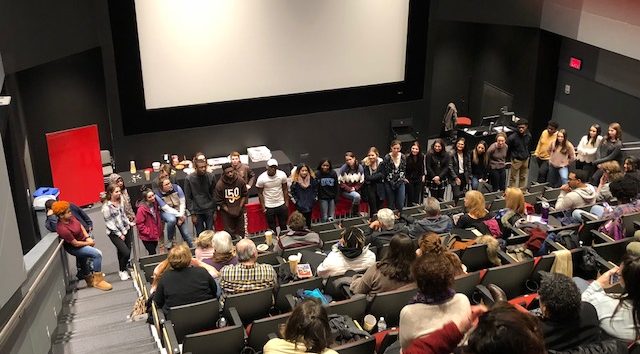Interview subject: Eric Fouh, Computer Science and Engineering Professor
It took me a while to figure out what I wanted to do and how I wanted to go about it. One of the main reasons why I was struggling was because I was thinking about faculty and administration that I have interacted with since I’ve been here. For some people who came to mind, after research and thinking, made me realize maybe that would be the best idea. Then, considering my desire to attain a minor in computer science, I decided to choose Professor Fouh because I would like to see the other side of him.
Everyone, along with myself, has only seen the professor side when he lectures and answers our questions. But I’d like to know a little more about him and how he ended up where he is today. I want to know more about his background and how he came to be a professor in computer science. Computer science has always been intriguing to me, even though I find it extremely frustrating. I want to know how he sort of thinks and goes about problem solving, and what he does when he hits a road block.
Actually, I did some online searching to see what I could find about my professor. Turns out, through Linked In, I was able to get some more information. He went to school in France for undergrad, and then went to Virginia Tech, I believe, for graduate school. I am not sure where he was born and raised but it seems like he has come global/cultural experience. I am sure he has an interesting background that would be cool to check out.
I am going to meet with him sometime this week. I am not sure where but, like professor suggested, I don’t want to go in his office. I feel as though he might have a favorite place on campus. Or even just a place where he ventures frequently. In fact, last year, I heard a story about someone I know that went to his office hours for help. They were just chatting about the assignment and somehow then they go to speaking about the gym. Considering the professor is in good shape, maybe he’ll want to chat in the athletic center. This is all still to be determined but I am excited to see how this goes.
